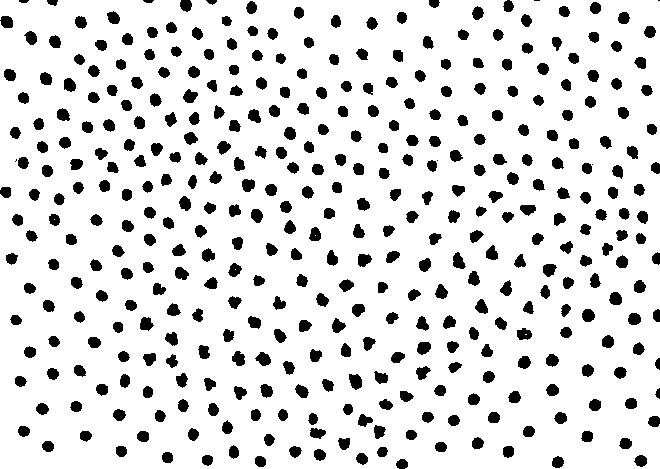June 22, 2000
|
The two "Human Vision" posters on the left illustrate the
importance of edges to our vision. Up close, the portrait at the top
is just a bunch of tally marks.
(Lower poster) The eye is almost unrecognizable up close: it's a half-tone of huge dots. The gargoyle (on the left) is composed entirely of little icons: close up, the gargoyle is completely unrecognizable. The dalmatian is the famous photo that illustrates what happens when edges are taken away. The three posters on the right: "See like a giant!" illustrates how climbers can find routes using large-base stereoscopic pairs of photos. Arches National Park's Old Maid's Bloomers (sometimes called "Delicate Arch") illustrates the distinction between eye-crossing and eye-spreading for unaided stereoscopic viewing. SEE MORE . . . & MORE The crystal model photos illustrate how we make something look very big by taking a stereoscopic pair with a very small inter-camera distance. ("See like a gnat.") "If you don't take your stereoscopic pairs of photos at the same distance as that between your eyes you will exaggerate or flatten the depth when you view the pictures in a stereoscope." FALSE |


